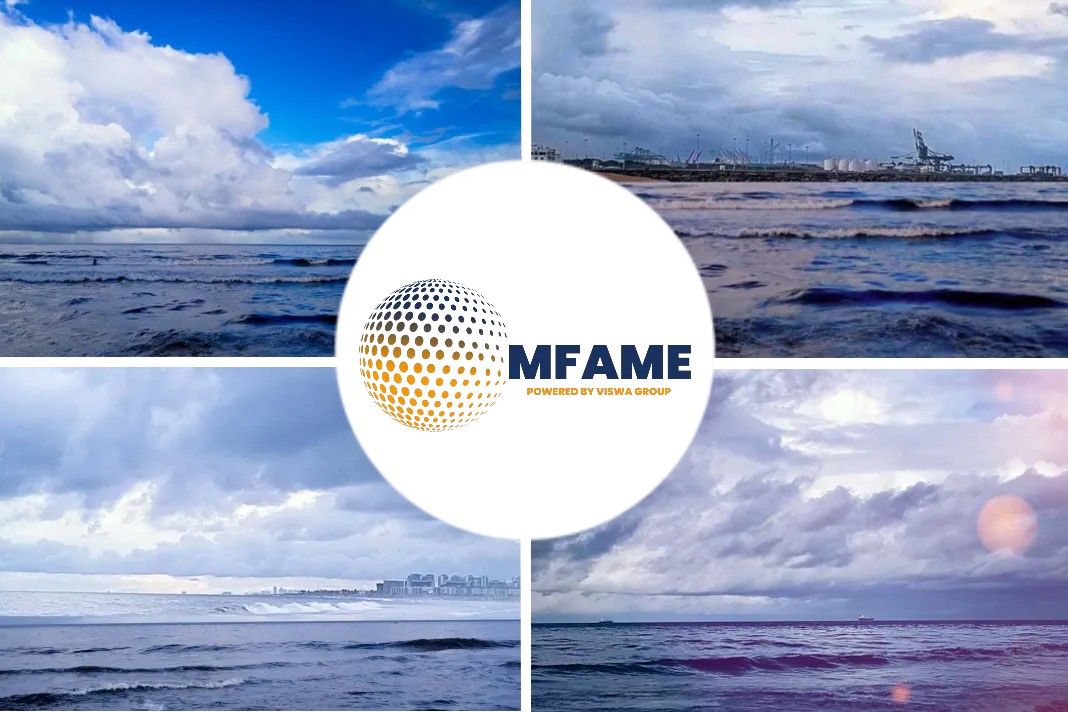
The Rocky Mountain Institute, a research organization, has undertaken a project aimed at implementing a book-and-claim system for the shipping industry, as reported by Ship&Bunker.
Low-emission fuels
RMI plans to launch a pilot scheme by the end of this year, as stated on their website. The proposed scheme involves a book-and-claim system that separates the administrative flow of a product from its physical entity. This separation allows the attributes of a fuel, such as its emission intensity, to be decoupled from the physical value chain. The system aims to enable investment in low-emission fuels while maintaining the ability to track and verify these attributes. By digitalizing and transacting the attributes of a fuel, the system can inform fuel producers of potential demand, allocate premiums from cargo owners to support fleet retrofitting or changes and provide traceability for attributes and transactions to build trust and improve acceptance of the system.
Key challenges
According to Aparajit Pandey and Oscar Hernandez, who are involved in developing the system, establishing trust among users and stakeholders is a key challenge. Designing a book-and-claim system involves determining the attributes that represent the physical flows and ensuring an accurate collection of these attributes by system users, specifically shipowners and operators. This emphasizes the importance of accurately capturing and maintaining the relevant data within the system to ensure its effectiveness. Pandey and Hernandez are working with partners Maersk Mc-Kinney Moller Center for Zero Carbon Shipping, Danish Shipping, and Maersk Oil Trading on the project. More information can be found on the RMI website.
Did you subscribe to our newsletter?
It’s free! Click here to subscribe!
Source: Ship&Bunker















